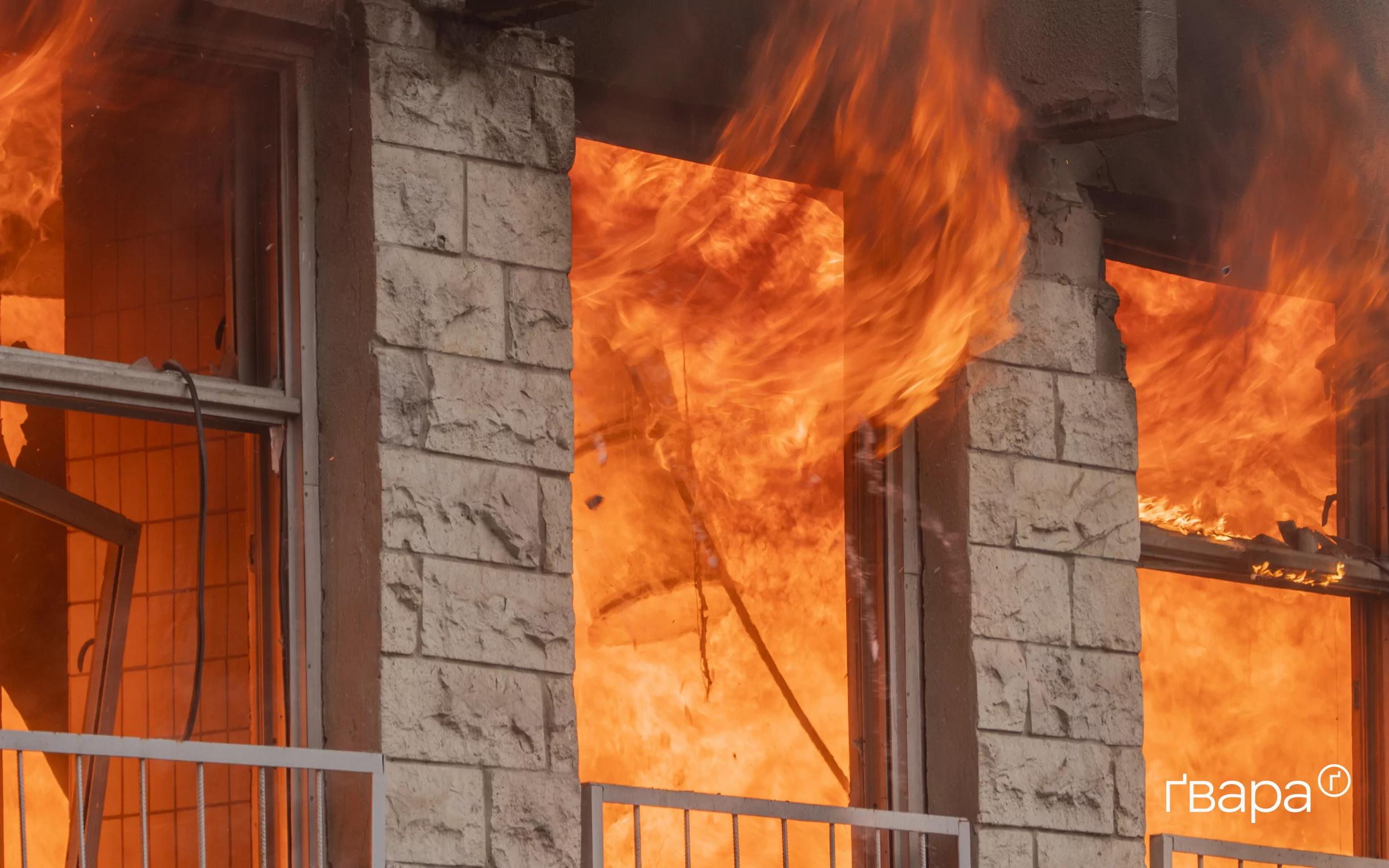Analysts at the Institute for the Study of War (ISW) consider that these strikes may be an attempt by Russia to undermine Ukraine’s defense industry and use the lack of Ukrainian air defense missiles to destroy the energy grid.
The report says that Russian troops failed to destroy the Ukrainian power grid on March 22, but may aim to continue intense attacks on energy infrastructure in the next series of strikes.
“Intensified Russian strikes in the winter of 2023-2024 targeted enterprises of the Ukrainian defense industrial base (DIB), and Russian strikes on energy infrastructure in early spring 2024 are likely aimed at destroying the energy grid to halt Ukraine’s efforts to rapidly expand its DIB partially,” the report said.
On the night of March 21-22, 2024, Russia carried out large-scale combined missile and drone strikes against critical energy infrastructure in various regions of Ukraine. According to official data, the enemy fired 151 missiles and drones, including Iranian-made Shahed drones, Iskander missiles, X-101/X-55, X-22, X-47 Kinzhal, X-59 cruise missiles, and S-300/S-400 anti-aircraft missiles.
The AFU Air Force said that Ukraine’s air defense forces managed to shoot down 55 Shahed drones, 35 X-101/X-55 missiles, and 2 X-59 missiles. However, 136 power facilities in Kharkiv, Zaporizhzhia, Khmelnytskyi, Odesa, Dnipro, Poltava, Mykolaiv, Vinnytsia, Lviv, and Ivano-Frankivsk regions were damaged by enemy strikes, the largest attack on Ukraine’s power grid since February 2022.
Temporary interruptions in electricity and water supply and other problems occurred. In particular, Russian strikes knocked out the Dnipro hydroelectric power plant in Zaporizhzhia, which will take time to restore.
President of Ukraine Volodymyr Zelenskyy stated that the most challenging energy situation is still in Kharkiv. Electricity is still being supplied to household consumers.
As previously reported by Oleh Syniehubov, the head of Kharkiv Regional Military Administration, about 275,000 consumers stay without power after Russian shelling of the Kharkiv region’s energy infrastructure.
According to him, over 440,000 customers in Kharkiv and the region have been reconnected to the power supply over the past 24 hours. Power engineers continue to work to eliminate the consequences of Russian missile strikes on critical infrastructure in the region.
The head of the Ministry of Energy, Herman Galushchenko, also noted that teams of power engineers from other regions have been sent to the region to speed up the work.
As a reminder, on the night of March 22, Russians struck at the critical infrastructure of Kharkiv. As a result of the shelling, the city lost power supply, and there are water supply and heating interruptions. Due to the power outage, public transport (subway, tram and trolleybus) and traffic lights are not working.
More from Gwara
At least 15 explosions heard in Kharkiv, blackout reported; Russian missile attack targets critical infrastructure. The City Mayor, Ihor Terekhov, reported Russians are hitting energy infrastructure with missiles.




